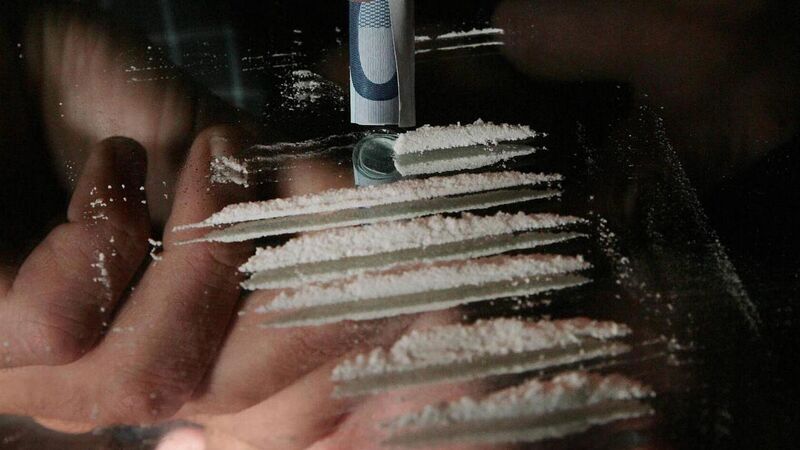Big problems in small towns: Rural Ireland has a problem with cocaine

A line of cocaine is now a central part of any night out or celebration in Ireland, urban and rural, according to users, gardaí, academics and addiction counsellors. Picture: Maura Hickey
Phone? Check. Bank card? Check. Keys? Check. Cocaine? Check.











